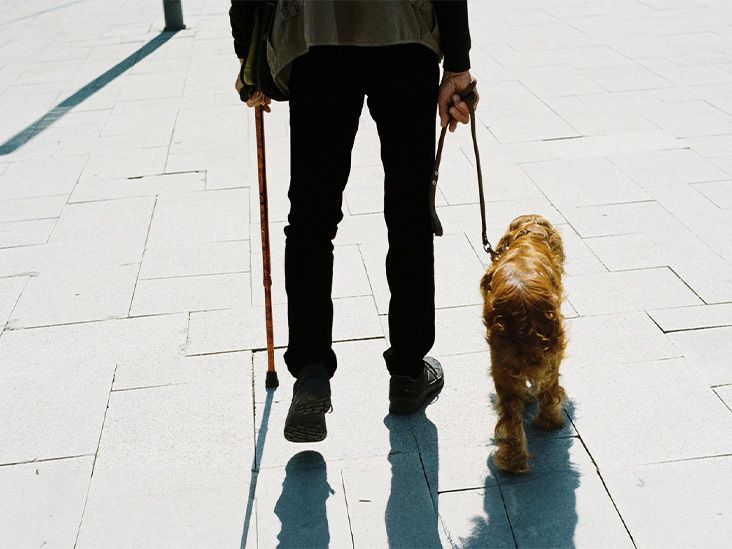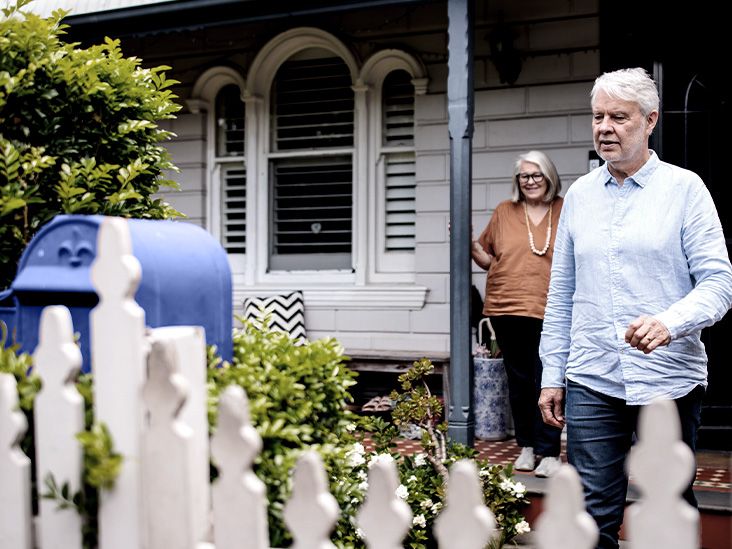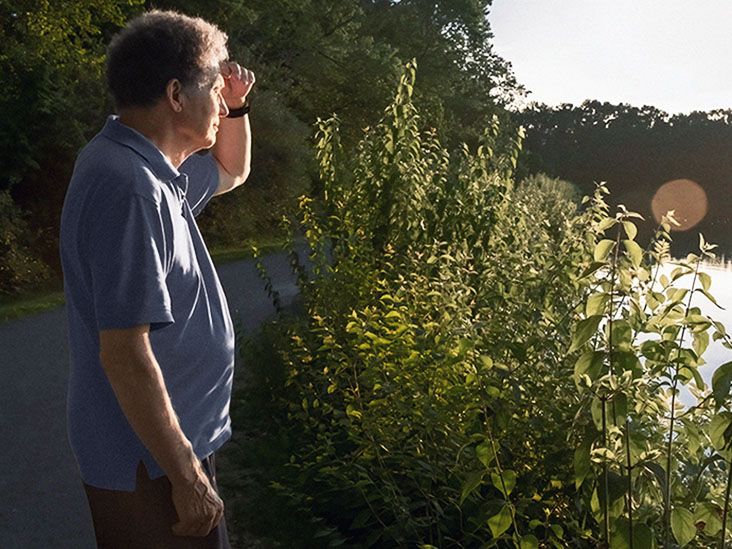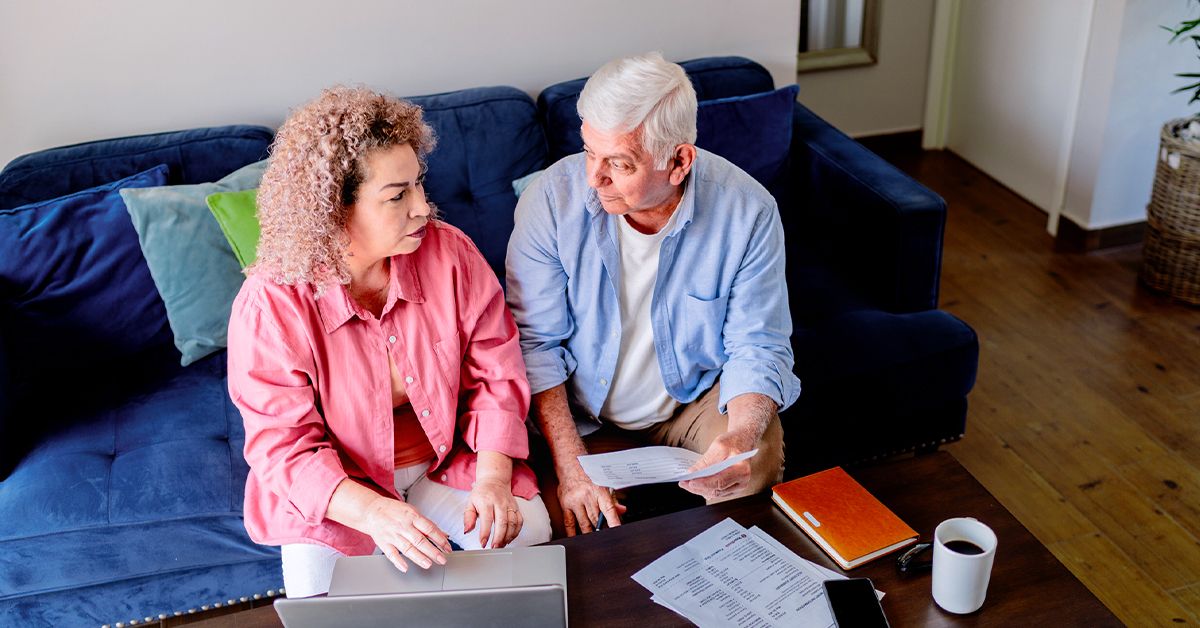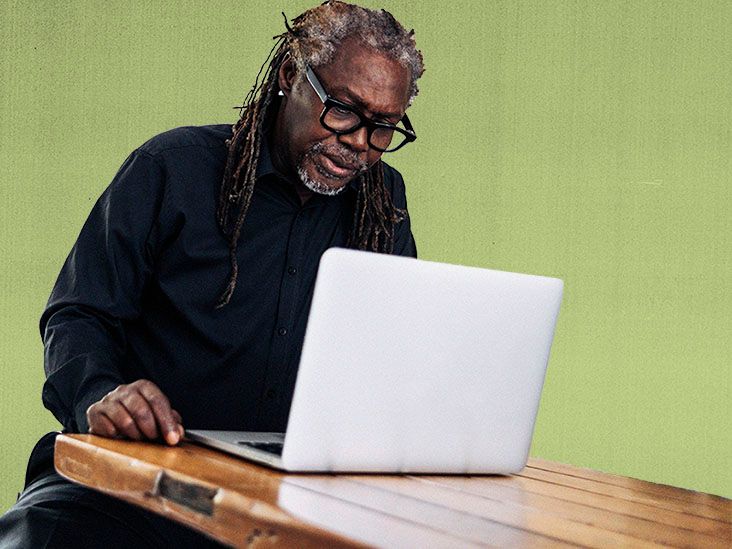Confronting Our Mortality: What Science Tells Us About Dying
Death is an inevitable part of life. Though it makes many of us uncomfortable, reflecting on our mortality can motivate us to live fuller, more meaningful lives in the present. Medical science has revealed fascinating insights into the process of dying and what happens to the body and mind at the end of life. Though much remains mysterious, we know more now than ever before about the physiology of dying.
The Dying Process
Contrary to dramatizations in movies and TV, death rarely occurs all at once. Doctors describe dying as a process that unfolds gradually, even over many days or weeks. There are some common physical and emotional signposts along the typical progression.
As a person nears death, their metabolism slows down significantly. Appetite diminishes, and weight loss often ensues. Breathing changes too, sometimes slowing or becoming irregular. Blood circulation ebbs, causing the skin to become cool, pale, or mottled.
Often, dying persons lose interest in socializing or activities that once gave them joy. They may sleep more and become uncommunicative or confused about time and place. Restlessness, agitation, and even seizures may occur as well.
Comfort During Dying
Fortunately, there are many ways to keep a dying person comfortable and calm. Medications can relieve pain and ease respiratory distress. Turning the person to prevent bed sores, gently repositioning their limbs, moistening the lips and eyes, and massaging the hands or feet also helps.
It is thought that hearing is the last sense to fade. Even when dying persons appear unresponsive, speaking soothingly, playing favorite music, or reading aloud may provide comfort. Many also benefit from the reassuring presence of loved ones and caregivers.
When Death Occurs
Eventually, as bodily functions break down, the dying process culminates in cardiac arrest. The heart stops beating and pumping blood, which quickly deprives the brain of oxygen. At this point, a person is considered clinically dead.
However, some cells and tissues can survive for hours without oxygen. So death is not instantaneous. Over many minutes, the lack of blood circulation causes irreversible damage to the organs. Brain activity ceases, though this happens progressively as brain cells die off.
In the minutes after the heart stops, breathing also slows. Gradually the lungs deflate one last time as the diaphragm and chest muscles relax. This is known as the last exhale.
Signs That Death Has Occurred
Pronouncing someone's passing requires verifying unresponsiveness along with permanent lack of breathing and pulse. Other confirming signs include:
- No reflexes or reactions, including no response to pain
- Fixed, dilated pupils
- Body temperature begins dropping
- Loosening of the jaw
- Skin color changes as circulation ceases
- Bowel and bladder relax and empty
Once death is declared, the person's remains are respectfully referred to as their body rather than as the person themselves.
What Happens to the Body After Death?
Once the heart stops beating, cells no longer receive oxygen and nutrients. Tissues and organs begin deteriorating through a process called autolysis. The body now lacks mechanisms to maintain its normal chemical balance.
As cells die and tissues break down, the blood becomes more acidic. Enzymes start digesting the organs. Bacteria that normally inhabit the intestines begin invading other systems. The skin may become discolored where blood pools.
Decomposition continues until just the bones and hair remain. How fast this unfolds depends on factors like temperature, moisture, and whether the body was embalmed.
Can The Brain Still Function After Death?
Within about 10 seconds of cardiac arrest, the brain stops functioning. EEG readings become flat as the brain's electrical activity halts.
Yet some investigations have challenged the idea that all neural activity ceases immediately. In rats, for example, one study detected bursts of brain activity minutes after the heart stopped. However, neurons begin deteriorating rapidly without oxygen.
In humans, brain death occurs within about six minutes of cardiac arrest as cells exhaust their oxygen reserves. Vital functions like arousal, awareness, and consciousness are irreversibly lost.
The Experience of Dying
What does if feel like to die? Of course, no one can know for certain. Yet glimpses come from near-death experiences recounted by people revived after their heart stopped.
Common themes include feeling profound peace, moving through a tunnel toward a bright light, reuniting with deceased loved ones, and a flood of memories. While these must be taken with some skepticism, they suggest dying may be a tranquil transition.
However, each person's end-of-life experience is unique. And those dying from long terminal illnesses may undergo more gradual emotional and spiritual journeys leading up to death.
Honoring the Dying Process
Witnessing a loved one's dying process can be difficult and painful for families. Yet it also affords a precious chance to provide comfort, express love, and emotionally prepare for their passing.
Being present, listening, and reminiscing about cherished memories help make the most of final days together. Respect for the dying means allowing them to make choices about medical interventions and quality of life.
Ultimately, death is a natural transition. Learning about the physical and emotional experience allows us to approach it with realistic expectations and compassion.
FAQs
What are some common symptoms as death approaches?
In the weeks or days before death, people often experience lack of appetite, increased sleep, confusion, restlessness, and withdrawal from social interaction. Breathing and heart rate may become irregular as circulation decreases.
Is there pain or suffering during the dying process?
Often there is no pain, especially if the person is receiving palliative care to manage symptoms. Medications can alleviate pain, breathing issues, or restlessness. Peace and acceptance are common emotions as death nears.
What happens to the body right after death?
After the heart stops, the body has no blood circulation or oxygen. Cells begin dying, tissues deteriorate, and the body has no way to maintain its chemical balance. Gradually bacteria invade and decomposition occurs.
How can you provide comfort to someone who is dying?
Being present and listening without judgement is the best gift. Moistening their lips, gently repositioning, speaking soothingly, listening to favorite music, recalling memories, and holding their hand can provide comfort.
What are signs that death has occurred?
No breathing, no pulse, fixed dilated pupils, lack of reflexes, no response to pain, dropping body temperature, skin color changes, bowels and bladder relax are some of the ways doctors confirm death.
Disclaimer: This article is for informational purposes only and does not constitute medical advice. Always consult with a healthcare professional before starting any new treatment regimen.
Related Coverage
Find the right Nevada Medicare plans with ease. Compare options and enroll in Medicare coverage tailored to your needs today....
Check if Medicare cover cane costs, cane types, required prescription, and out‑of‑pocket share after the Part B deductible....
Knowing the red flags like isolation, mood swings, controlling behavior and fear in toxic relationships can empower you to regain your self-worth and walk away....
Learn about the different Medicare card types and how they affect your healthcare coverage. Know which card to use when....
Find the best Medicare options in Oklahoma with our simple guide. Learn about plans, enrollment, and help available in the Sooner State....
Medicare life insurance doesn't exist—learn the truth about Medicare and real life insurance options for seniors and their families....
Lose weight without sacrificing flavor. Discover 50 delicious weight loss foods like fruits, vegetables, whole grains, lean proteins, healthy fats and spices....
Medicare Plan G explained: monthly premiums, coverage gaps it fills, pros & cons, and who benefits most—all in plain terms....
Navigate Medicare in Maine with ease. Find the best plans and coverage options for your healthcare needs in 2025....
Find out if Medicare electric bikes are covered, what alternatives exist, and how seniors can still get the mobility they need....

